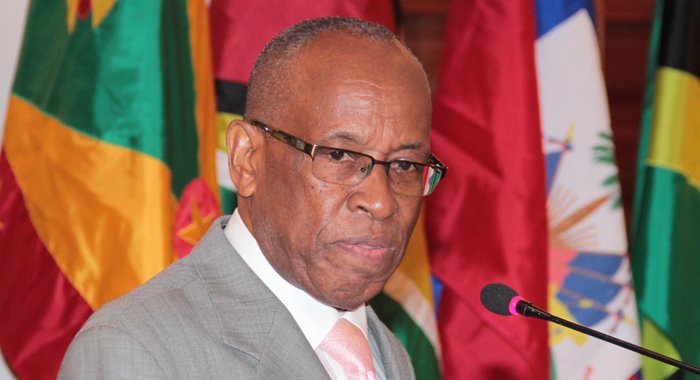Mr. President,
I wish to thank Her Excellency Ms. Kersti Kaljulaid, President of the Republic of Estonia for her opening statement. I also welcome the insightful briefings from His Excellency Secretary General António Guterres, Her Excellency Ms. Ellen Johnson Sirleaf, Nobel Peace Laureate and Member of the Elders, and Mr. Peter Maurer, President of the International Committee of the Red Cross (ICRC).
Protecting civilians from the harsh realities and consequences of armed conflict is a central priority of our international system. Yet, as conflicts become more complex and dynamic in nature, our efforts to protect civilians are increasingly tethered to this multidimensional-threat landscape. The scale of attacks against civilians and civilian infrastructure remains unacceptably high, particularly in densely populated settings where urban warfare is a defining feature of armed conflict. High numbers of civilian fatalities and injuries, forced displacement, conflict-related sexual violence against, primarily women and girls, but also men and boys, and grave violations against children, including abduction, forced labour and recruitment to armed groups are also equally appalling. The situation for civilians is exacerbated by the denial of humanitarian access, attacks against peacekeepers and members of civil society working to alleviate the impact of conflict as well as deepening social and economic inequality in many conflict-affected states.
COVID-19 continues to amplify an already dire situation for civilians, especially those in IDP camps with compromised access to healthcare, proper nutrition and sanitation. With lockdown measures impeding humanitarian service delivery, and heightening exposure to sexual and gender-based violence, Saint Vincent and the Grenadines emphasizes that COVID-19 mitigation strategies must centre on the diverse socio-economic needs of civilians in conflict affected areas.
The urgent and ever-growing challenges of the climate crisis further compound the protection of civilians agenda. We are all aware of the increasing accounts of extreme weather phenomena, including erratic precipitation, flooding, prolonged heat waves and desertification affecting countries from the Sahel to the Greater Horn of Africa. This is further compounded by the expanding desert locust infestation. These challenges lead to increased vulnerability, intensify food insecurity, and forcibly displace many at-risk populations in situations of conflict. The complications of climate, conflict and COVID must be systematically and simultaneously addressed to ensure durable security and development outcomes for all civilians in these regions and beyond.
Efforts to safeguard the lives and livelihoods of civilians must adhere to the principles enshrined in international humanitarian law, international human rights law and international refugee law. Saint Vincent and the Grenadines strongly condemns the ongoing and flagrant violations of this body of international law established to secure the dignity and well-being of all persons.
We recall all relevant UN Security Council resolutions that embed the protection of civilians agenda in our efforts to prevent the outbreak, escalation, continuance and recurrence of armed conflict. We also emphasize that human dignity must remain the cornerstone of any credible attempt to promote lasting peace and security.
As we contemplate the calls for greater specificity in the protection of civilians agenda to reflect the diverse groups and individuals affected by armed conflict, versus the supposed threat of fragmentation of this agenda, let us not renege on our collective responsibility to all of humanity. The exigencies of our time demand precision, care, specificity, prudence and inclusivity to achieve the transformation envisaged by those civilians on whose behalf we serve.
I thank you.

